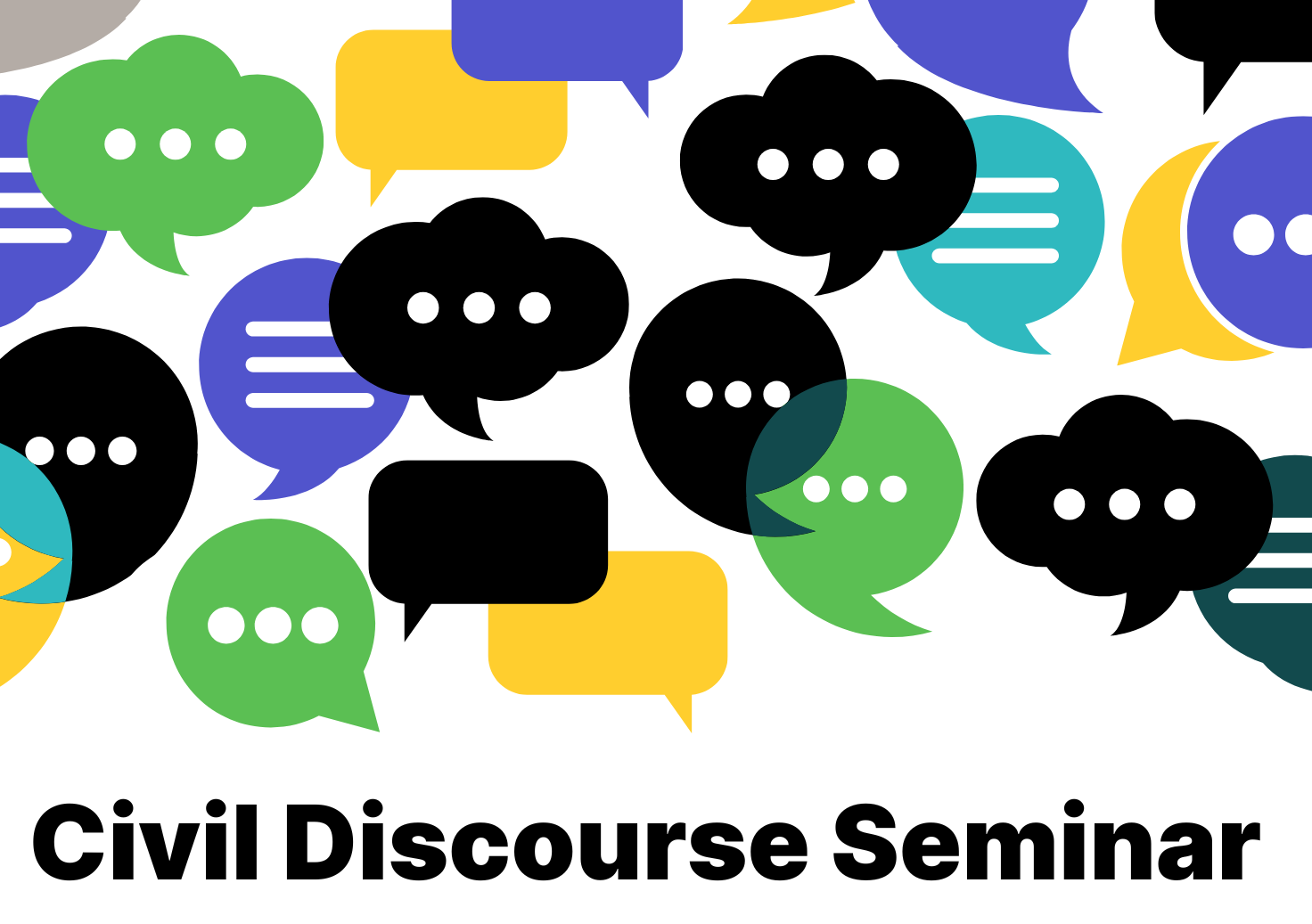Internal Event
Civil Discourse Seminar
April 23, 2025 3:30 PM – 5:00 PM
Online

A Critical Conversations Event
The Office of Diversity, Equity, and Inclusion (DEI) is pleased to announce the launch of the Civil Discourse Seminar, a new workshop series designed to equip students, faculty, and staff with the skills to engage in respectful, inclusive, and transformative dialogue. Through interactive dialogues, real-world case studies, and reflective activities, participants will explore how social identities, historical contexts, and power dynamics shape communication, develop strategies for engaging across differences, and strengthen their active listening, empathy, and critical thinking skills.
The Civil Discourse Seminar integrates Intergroup Dialogue (IGD), anti-oppressive frameworks, and restorative justice principles. Each session is 90-minutes, capped at 30 participants, and offered on a first-come, first-served basis.
Module 1: 4/22 & 4/29 – Participants will explore how diverse perspectives contribute to civil discourse and examine historical and contemporary challenges to freedom of expression in higher education. The module will critically engage with how cultural norms, societal expectations, and systemic power structures influence discourse, both locally and globally.
Module 2: 4/23 & 5/1 – Participants will explore the principles of academic freedom and the significance of civil discourse within educational settings. Through examining personal and systemic biases, participants will develop strategies to navigate disagreement with empathy and respect. The module emphasizes creating inclusive spaces that support balanced dialogue. Using real-world case studies and reflective exercises, participants will strengthen their ability to engage thoughtfully across lines of difference.
Please email us at diversity@pratt.edu with any questions.
This event is part of Critical Conversations: creating space for and educating one another about our multiple cultural contexts, activism, civil discourse, and academic engagement.